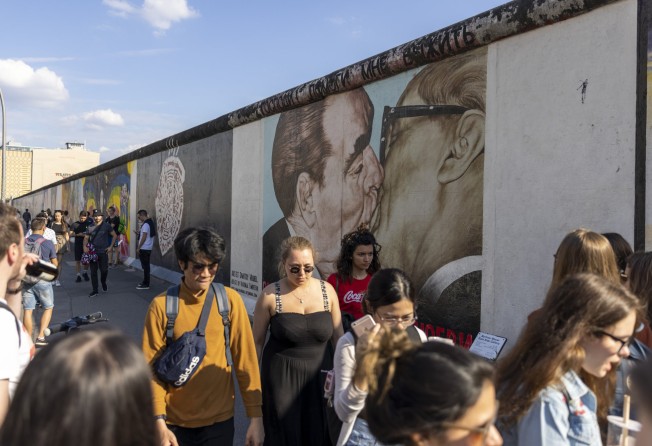
What’s next for Berlin? Digital industries, modern urban districts and new architecture can help city find a new identity
- Berlin used to be an adventure playground with crumbling charm and amazingly cheap rents, but contemporary housing and infrastructure is now taking its place
- Software and tech are the fastest growing markets, while historic places like the rebuilt former Hohenzollern palace are more dignified and sedate

Berlin has a new cultural centre (the Humboldt Forum) and airport (Berlin Brandenburg Airport Willy Brandt) and even major corporations. But the city is no longer growing, while tourism and the club scene have been at rock bottom since the pandemic. What’s next for Berlin?
The German capital needs a new story. Something that attracts visitors. Sure, tourists are interested in the Wall, which once separated democratic West from communist East Berlin, and the city’s turbulent history. But Berlin used to be an adventure playground with crumbling charm and amazingly cheap rents.
The old buildings have been renovated and instead of coal-fired heating and a toilet in the stairwell, there are now elegant fitted kitchens and designer bathrooms. When people view apartments, they now have to line up all the way down the street.
In the run-up to the elections to the Berlin state parliament on September 26, many people in the capital are asking themselves what the future holds for the city. What comes after “poor but sexy”?

If you ask entrepreneur Ansgar Oberholz what the next big thing should be, he says: housing and urban development. “Berlin became what it is was due to the cheap rents and open spaces of the past.”
In his cafe, St Oberholz, in Berlin’s Mitte district, a major trend emerged around 2005: mobile working on a laptop. Wi-fi was new; it was the age of the “digital bohemian”. Oberholz now has three companies and 70 employees.
He has seen some start-ups hit the big time, and says software and tech are the fastest growing industries. “There will be more unicorns” – start-ups with a market value of more than US$1 billion.
For years, Berlin’s economy grew faster than Germany’s as a whole. The area around the former artist squat Tacheles, near the Friedrichstrasse railway station, is dotted with construction cranes, while along the Spree River, in the eastern part of the city, new luxury apartment blocks and open-plan offices are going up. Brownfields disappear, company headquarters follow.
Franziska Giffey, the Social Democrats’ candidate for city mayor, wants Berlin to overtake Munich economically. “That would be nice: a vision that says Berlin is better than Bavaria.” The only thing she doesn’t want to copy is the high rents.
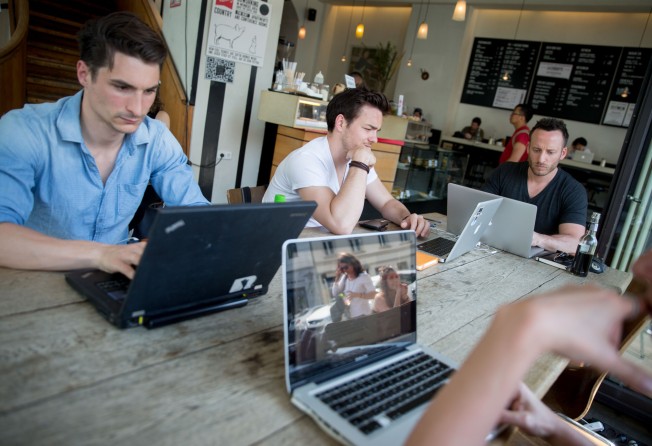
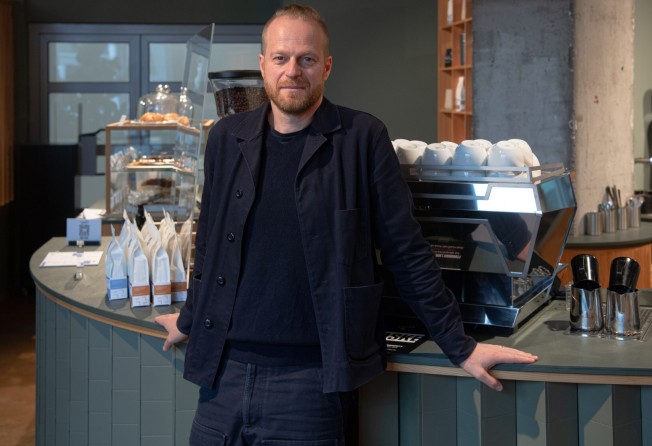
Berlin is still a field for experimentation. For example, it is testing how living, research and work can be brought together in new urban districts – such as the former airport site in Tegel, for example, and in Siemensstadt. This should also help ensure that Berlin remains the top address in Germany for founders in the digital world.
In the first half of the year alone, Berlin start-ups raised more than €4 billion (US$5.3 billion) in capital, as calculated by the consulting firm EY.
But the digital economy doesn’t just produce winners. There are also the low-paid workers on bicycles who deliver supermarket groceries in 10 minutes or food before it gets cold, often working in lousy conditions that have recently led to protests. Many expats work for these services, while people from the club scene currently work in vaccination or testing centres.
The coronavirus wasn’t too tough on Oberholz and his company, he says, thanks to short-time work, loans and government aid. In November, the fifth Oberholz Cafe will open, in Potsdam-Babelsberg.
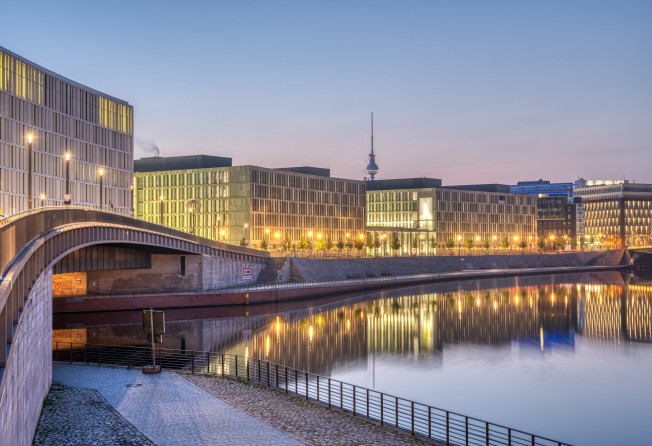
Not everyone in Berlin is so optimistic. When Health Minister Jens Spahn recently sat down with representatives from the club scene, the mood was tense. The pandemic forced clubs to close for almost a year and a half, and nightlife is only gradually getting back on its feet.
It’s a similar story with tourism. The official figure for July was half a million guests. That may be more than last year but it’s still only half the pre-pandemic figures. Meanwhile two of the three terminals at the new airport are shut due to a lack of passengers.
Yet there is still much to discover in Berlin, such as the Humboldt Forum, which is housed in the rebuilt former Hohenzollern palace. For a long time, the German Democratic Republic’s (East Germany) Palace of the Republic was allowed to fall into disrepair at the site; another place where ruins have disappeared and Berlin has become more dignified, perhaps more sedate.
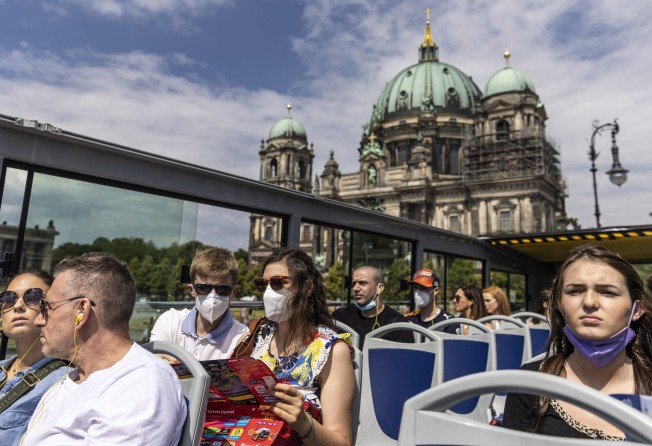
“Mitte is currently empty,” Oberholz says. “The expats and the tourists are missing. That has to change. Berlin has to be an international centre of attraction, that’s the claim of a metropolis.” What’s needed, he says, is real deregulation, more relaxed coexistence and more free space again.
“Since I’ve been in Berlin, I’ve had the feeling that things happen despite politicians, and not because of them.”